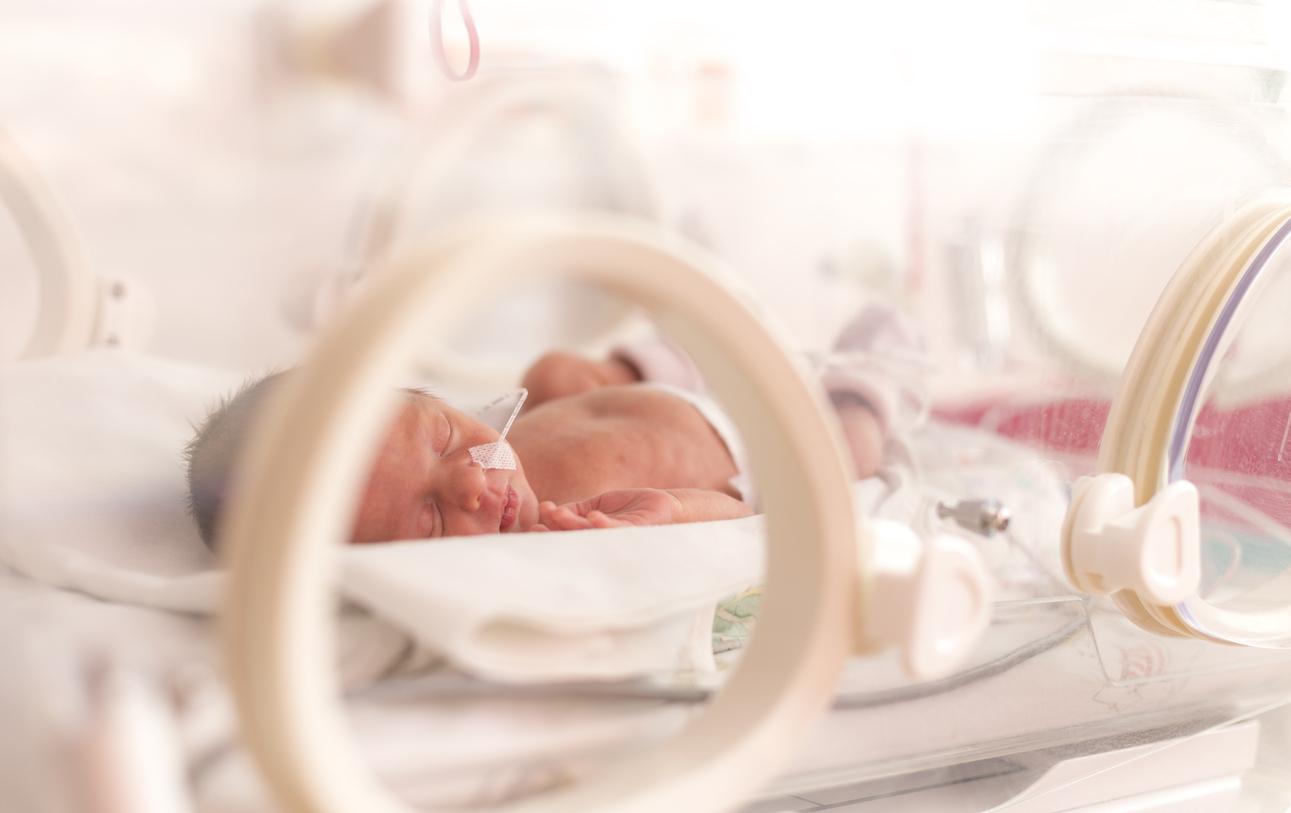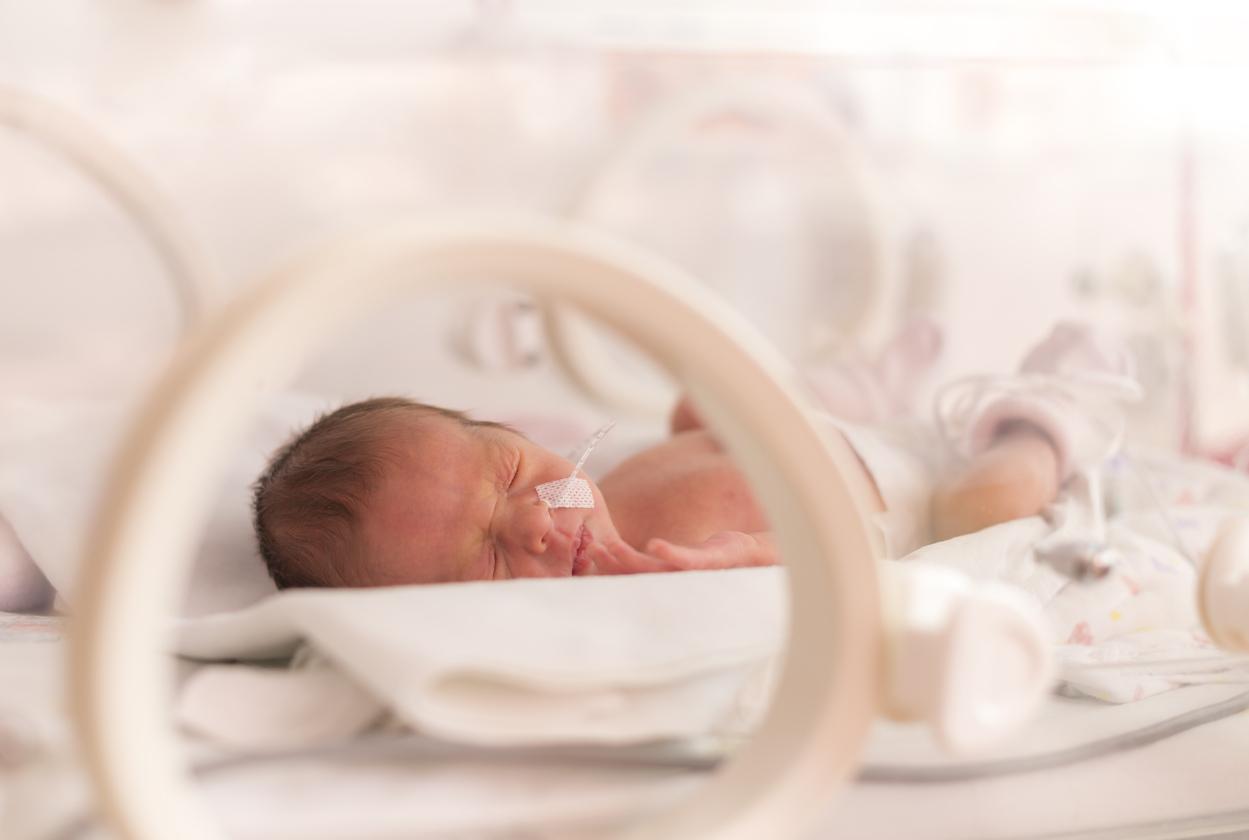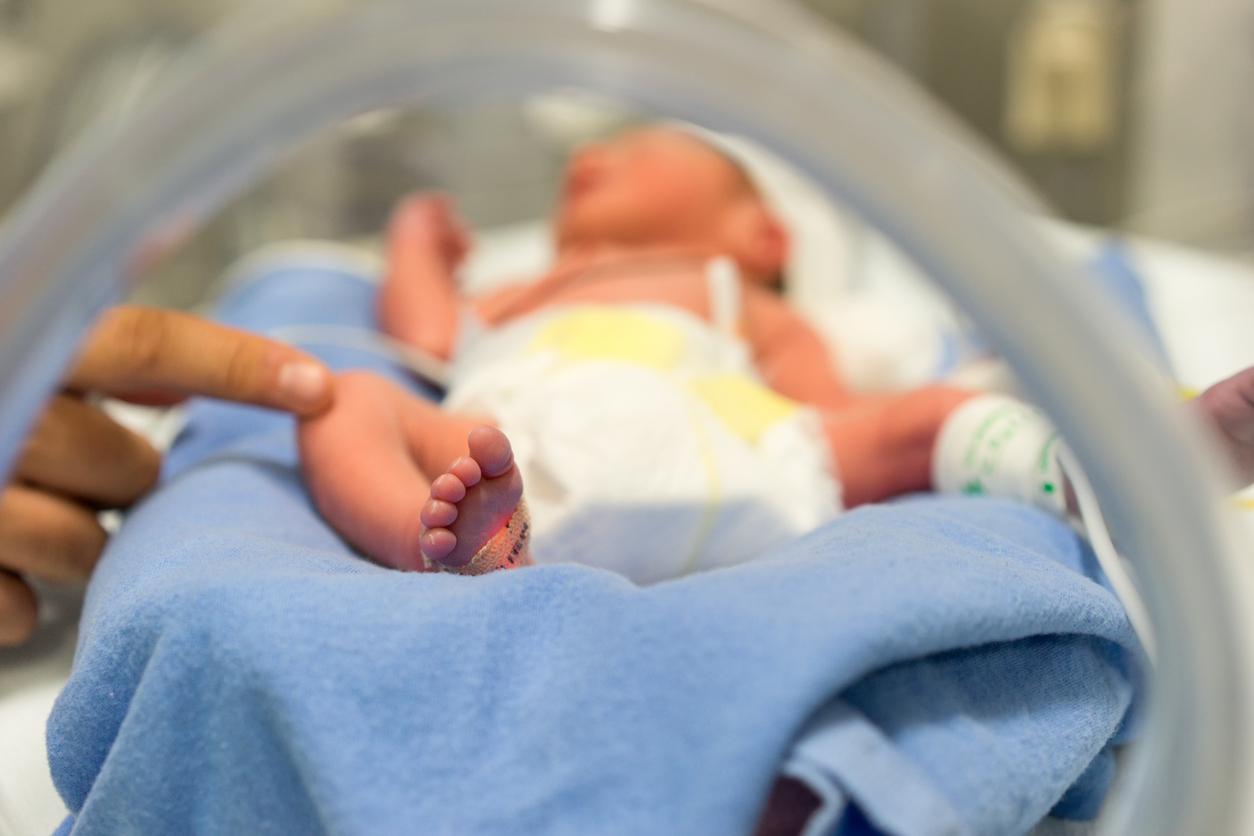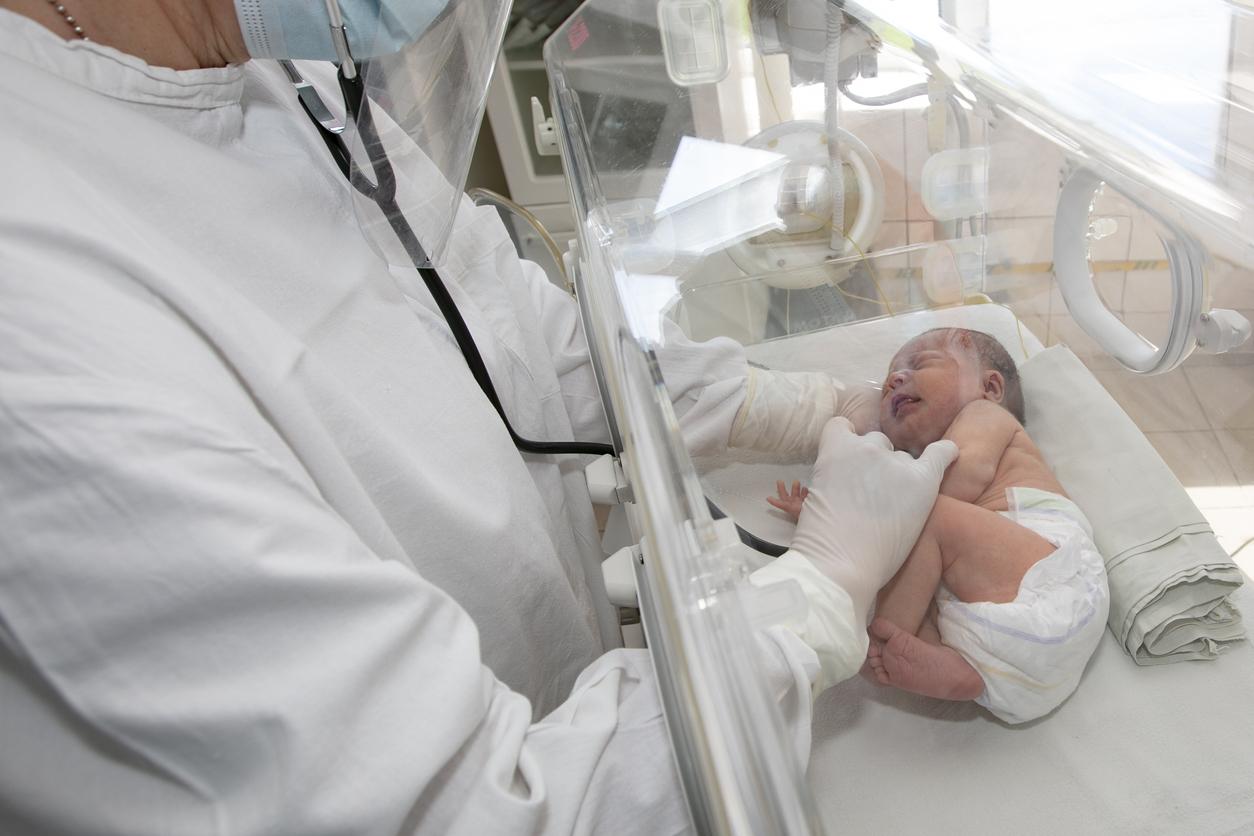For 10 years, the rates of premature births have not changed, whatever the region of the world.

- In 2020, 13.4 million children were born before 37 completed weeks of pregnancy.
- Nearly one million of them died from complications related to premature delivery.
- The impacts of conflict, climate change, Covid-19 and the rising cost of living increase the risks for women and babies.
152 million. The number of babies born prematurely between 2010 and 2020, according to a recent report published by the World Health Organization (WHO) and Unicef. “Rates have not changed in any part of the world over the past decade.” This is alarming, as preterm births, which are defined as births occurring before 37 completed weeks of pregnancy, are the leading cause of infant mortality, accounting for more than one in five child deaths before their fifth birthday. According to figures, in 2020, 13.4 million children were born too early, which is almost one in ten babies worldwide. And almost a million of them died due to complications related to premature delivery.
Premature births: what are the risk factors?
Both organizations report that “inequalities linked to race, ethnicity and income” determined the likelihood of premature birth, death or disability. The impacts of conflict, environmental damage, climate change, Covid-19 and the rising cost of living are also increasing the risks for women and babies everywhere. “For example, air pollution is estimated to contribute to 6 million premature births each year. Nearly one in ten premature babies are born in the ten most fragile countries affected by humanitarian crises,” can we read in the press release. Premature births can also be closely linked to a variety of factors, including preeclampsia, physical or emotional stress, poor nutrition, and limited access to prenatal care.
Prematurity, a “silent emergency”
As a reminder, babies born prematurely are more likely to develop long-term health problems, such as respiratory problems, cognitive deficits and vision problems. In addition, the families of these babies have to deal with great anxiety and high health costs, especially because of the care needed for their premature child. This is why WHO and Unicef are sounding the alarm “the silent emergency” premature births, the extent and severity of which have long been overlooked and which hamper progress in child health and survival.
Care of premature babies: “a greater investment”
“Although some regions are more affected, preterm birth threatens health progress in all countries. Greater investment in the care of vulnerable newborns can save millions of families from having heart broken. Further efforts are also needed to prevent premature births, which will also reduce the number of stillbirths and maternal deaths.”concluded Joy Lawn, co-lead of the report.

















